The Science Behind Decision-Making in Poker: Brain Training for Winning Choices
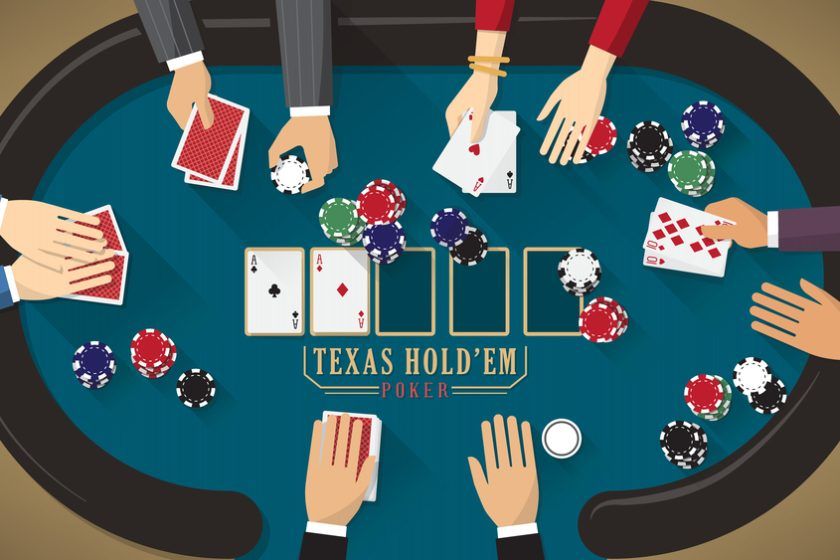
Title Image Credit: elenabsl/Shutterstock
What This Guide Will Teach You About Poker, Your Brain, and Winning Decisions
If you want to consistently make sharp, profitable moves at the felt, understanding how your mind processes information is crucial. In this guide, you’ll discover:
- The profound influence of psychology and mental state on poker decisions
- Essential strategic principles that underpin sound choices in any situation
- How to boost your risk calculation and probability skills for accurate play
- Tactics for mastering emotional control-reducing anxiety and staying clear-headed
- Ways to adjust your approach in response to ever-shifting opponents and table dynamics
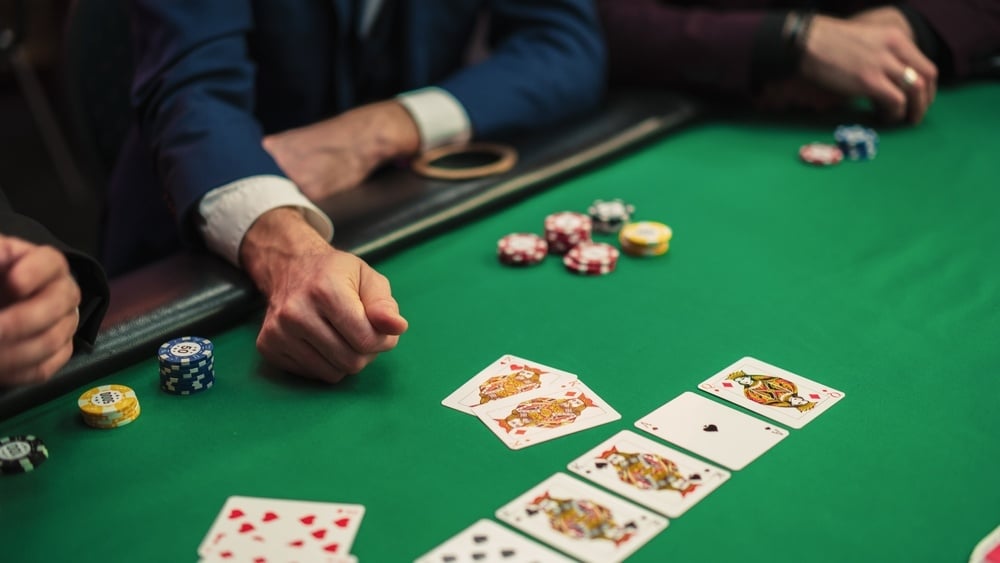
Image Credit: Kitreel/Shutterstock
How Mental Performance Shapes Poker Success, Beyond Strategy Alone
Imagine you’re at the heart of a deep tournament run or in the middle of a long cash-game session. An opportunity presents itself-you feel the urge to act but aren’t entirely certain it’s correct. You commit…and soon regret the decision, even though you had studied similar spots and knew the theoretically “right” move.
Does this sound familiar? Every poker player, regardless of skill, has faced moments where their actions clash with their studied knowledge. This disconnect is not just about discipline; it stems from how the human brain operates under stress and ambiguity.
Poker is a real-time test of decisions-where every choice is shaped as much by cognitive wiring as it is by technical skill. The good news: your brain isn’t fixed. With the right approach, you can actively train yourself to perform better under pressure and boost your results at the table.
This article unpacks what modern neuroscience reveals about poker decisions: how the brain’s systems interact during tough spots, why logic sometimes loses out to emotions, and, most importantly, actionable steps you can take to improve consistency and clarity in your choices.
The Brain’s Hidden Mechanisms: How Decisions Are Born at the Poker Table
Every hand begins as a series of rapid-fire decisions-raise, fold, bluff, value bet. While it’s tempting to believe we reason through every action, neuroscience indicates that our choices originate from a blend of automatic instincts and conscious analysis.
The Dual Engines of Poker Thinking: Intuition vs Deliberation
Psychologists identify two main decision-making systems:
- System 1: This is the fast, instinctive, and intuitive network of the brain. It recognizes patterns, reacts instantly to perceived threats, and often drives those gut feelings you might get at the table. While speedy, it’s vulnerable to emotional swings and biases.
- System 2: Slower and more intentional, this part of the brain handles complex calculations, like determining pot odds, assessing bet sizing, or constructing full hand ranges. It’s methodical and rational, but can be overridden by stress or exhaustion.
Both systems play a role in poker: intuition helps you quickly interpret common scenarios, but strategic thinking (System 2) is vital for deep analysis and high-pressure spots. When under duress, however, the emotional brain can take charge-resulting in impulsive moves.
The Poker Battle Within: Strategic Brain vs. Emotional Brain
Inside your head, two powerful regions compete for control during key hands:
- The prefrontal cortex orchestrates higher-level thinking-focus, self-control, planning, and the long-term perspective you want while making tough calls.
- The amygdala acts as your built-in alarm system. It jumps into action the moment stress, fear, or uncertainty arise-think of the sensation after taking a bad beat or contemplating a massive bluff.
When the stakes get high (e.g., approaching a tournament bubble, taking a big loss), the amygdala can hijack the process, overwhelming logical thought. That’s when players spiral into chasing losses, making forced bluffs, or otherwise “going on tilt.”
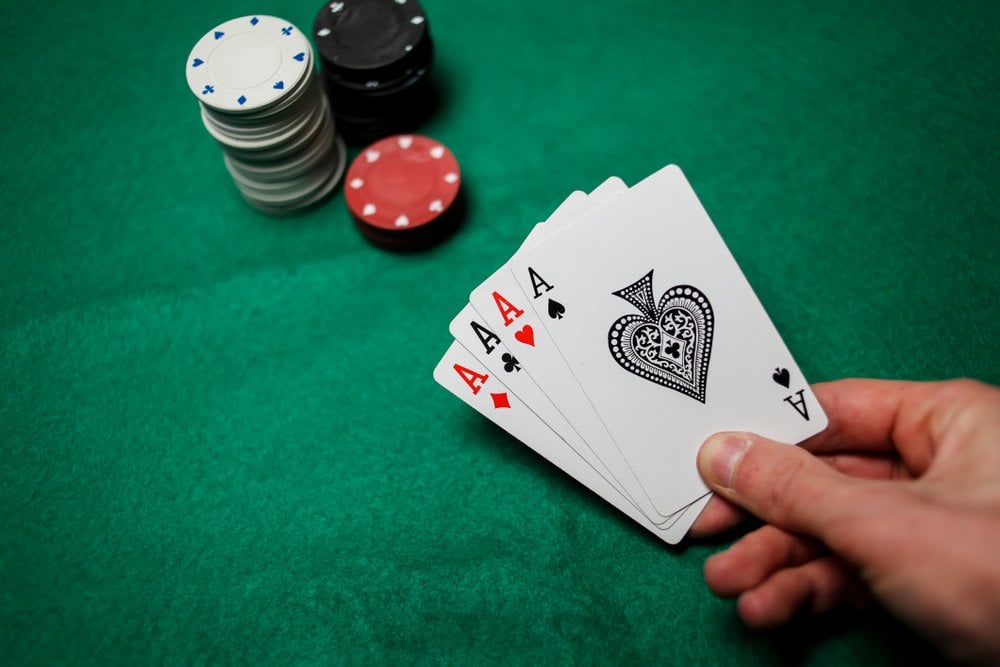
Image Credit: Kitreel/Shutterstock
Cognitive Overload: When Too Much Information Derails Good Judgment
Managing a poker session-whether online with multiple tables or live with constant distractions-demands enormous mental resources. You’re tracking opponent tendencies, stack sizes, bet histories, and board textures, all at once.
This heavy cognitive load can lead to decision fatigue, causing even experienced players to revert to autopilot or commit glaring mistakes.
Optimize Your Decisions: Implement a Quick Pre-Hand Checklist
To counter impulsive choices and keep your strategic brain engaged, create a simple pre-action routine:
- Pause and note your position at the table
- Assess effective stack sizes
- Deduce your opponent’s most probable range
- Sketch out a plan for future betting rounds
This mental checklist helps maintain analytical focus (System 2) and prevents rash decisions triggered by emotion.
Avoiding the Most Dangerous Mental Pitfalls in Poker
Even players with a solid theoretical base succumb to cognitive traps that sabotage their game. Here are the four biggest mental errors, and how you can sidestep them:
1. Emotional Meltdown (“Tilt”)
Strong emotions like anger or frustration can drown out logical thought. When this occurs, the amygdala takes charge-leading to common tilt behaviors:
- Overplaying weak hands in a bid to recover losses
- Bluffing in spots with little chance of success
- Making light calls simply to satisfy curiosity or aggression
To reset, train yourself to recognize and name what’s happening (“This is tilt, not logic”) and pause with a few deep breaths to restore composure.
2. Loss Aversion: The Costly Fear of Giving Chips Away
Humans are naturally more impacted by loss than gain. In poker, this can result in:
- Folding too frequently to avoid marginal losses
- Playing “not to lose” when ahead, instead of pressing your edge
- Skipping profitable value bets or bluffs out of discomfort
Reframe these spots by focusing on what is most profitable over time, regardless of whether you win or lose a specific hand.
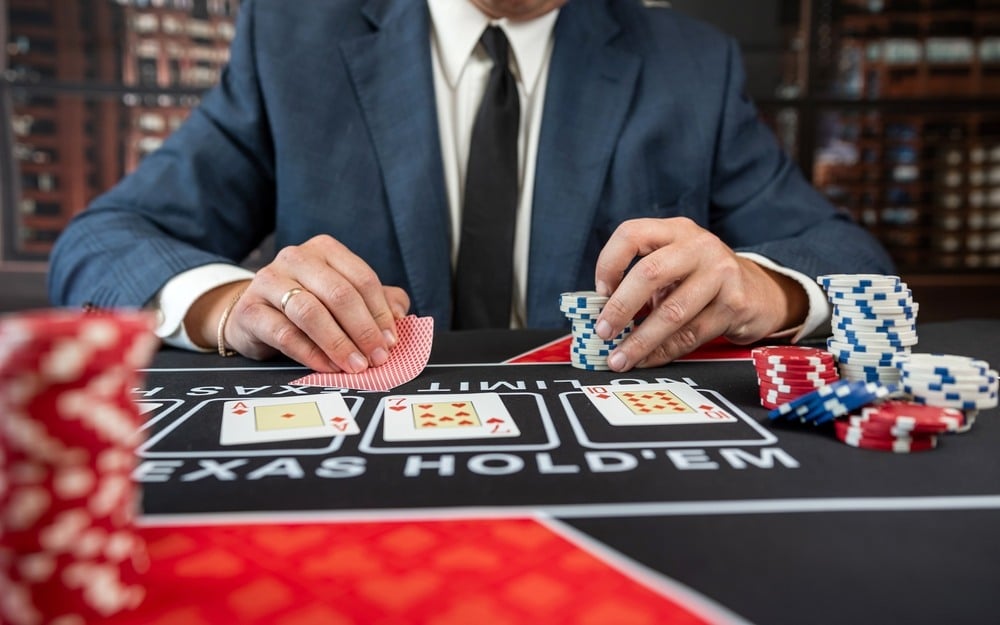
Image Credit: Alan Dale/Shutterstock
3. Confirmation Bias: Only Seeing What You Want to See
This occurs when players fixate on evidence that aligns with their initial reads, ignoring contrary information:
- Assigning opponents a range and focusing only on confirming actions
- Disregarding hands at showdown that suggest a mis-read
- Sticking with first impressions despite new data
Improve your objectivity by routinely asking: “What information might I be discounting because I want my initial hunch to be right?”
4. Letting Ego Dictate Decisions
Ego quietly influences choices. Whether it’s trying to outplay a regular, calling to “prove a point,” or sticking with a bad bluff, it’s easy to drift from your strategic process.
Remind yourself: The aim is optimal decisions over time-not being a table hero on any given hand. Let go of the need to look smart or always be right.
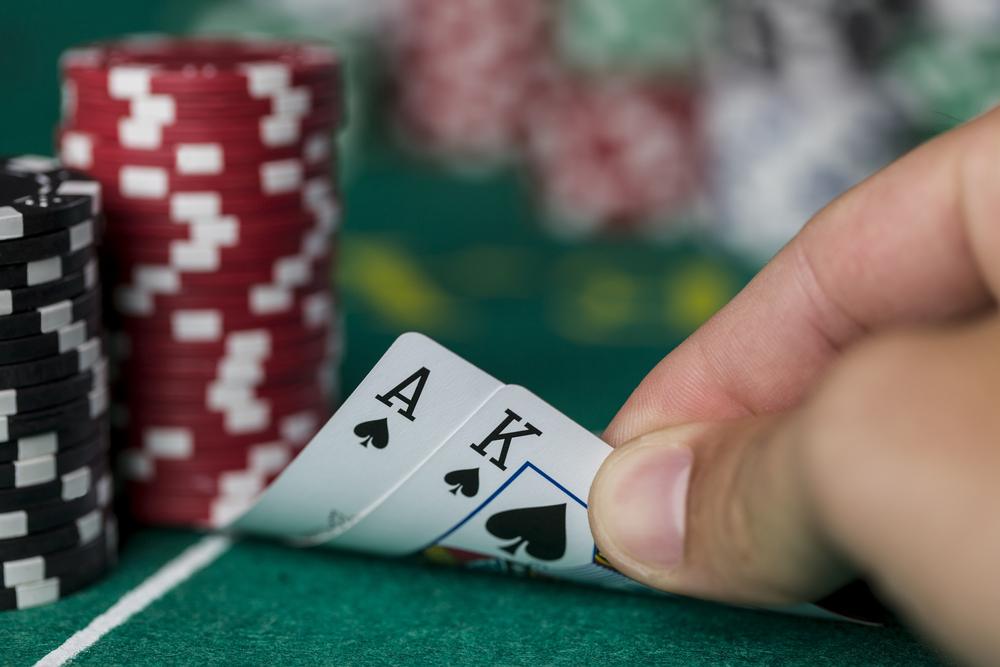
Image Credit: Roxon/Shutterstock
Building Stronger Decision-Making Skills: Brain Training for Poker Players
Your brain is highly adaptable. Thanks to neuroplasticity-the capacity to rewire itself through practice and feedback-you can condition yourself to make smarter choices under fire.
1. Deliberate Practice Beats Mindless Reps
Improvement isn’t just about playing more hands. Deliberate practice involves:
- Zeroing in on specific decision points (e.g., when to bluff in 3-bet pots)
- Critically reviewing both errors and successes
- Practicing intentionally, focusing on process over volume
Each repetition engrains better habits, fortifying the brain’s optimal decision circuits.
2. Feedback Fuels Growth-But Focus on Process, Not Outcome Alone
Winning a hand does not always mean you made the best decision. To evolve as a player:
- Separate your review of process quality from simple results
- Analyze hands-both winning and losing-through the lens of, “Would I repeat this action with the same information?”
- After sessions, honestly assess your focus and adherence to process (not just net profit/loss)
3. Harness Visualization: Mental Rehearsal for Real Hands
Much like athletes, poker players can leverage visualization. Regularly rehearse scenarios in your mind-such as defending the big blind, identifying betting lines, or executing planned bluffs.
- Imagine stack depths, board runouts, potential actions, and your ideal responses
- “Mental reps” lay the groundwork for accurate, automatic choices during live play
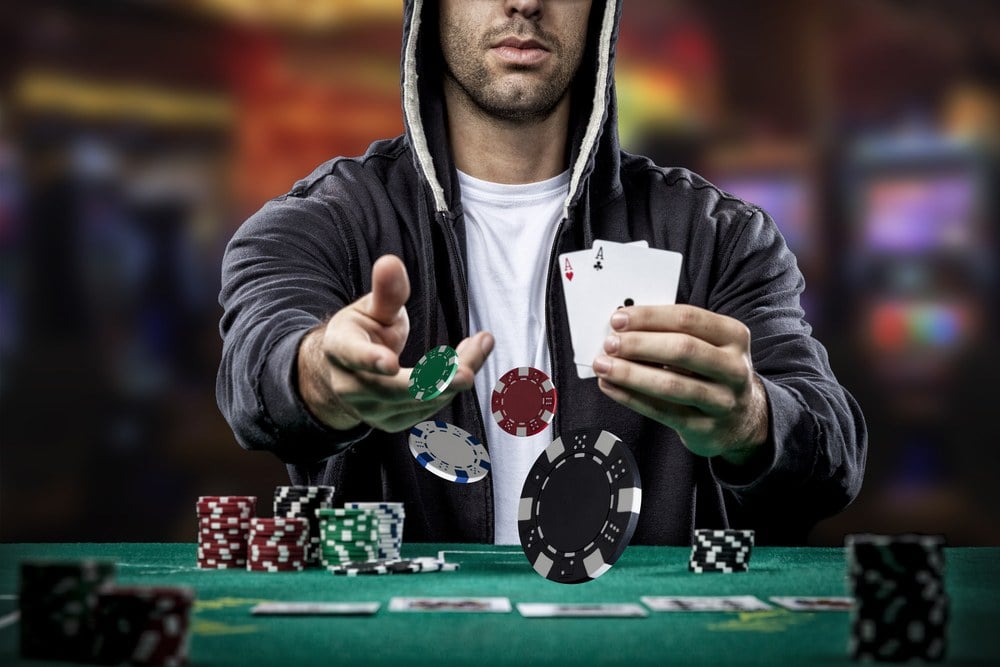
Image Credit: Rel11/Shutterstock
Navigating High-Pressure Poker Situations: Techniques to Stay in Control
Making sound decisions is simple when you’re comfortable and the table is easy. But four hours into a difficult session, or with major money on the line, your mental resilience is tested.
Research shows that pressure narrows our focus and increases the likelihood of mistakes driven by fear or impulsivity. Developing metacognition-the skill of stepping back and evaluating your own thought process-can change everything.
Interrupt reactive patterns by pausing and asking: “Am I approaching this hand calmly and rationally, or am I letting emotions take over?” A simple internal mantra such as “Pause. Process. Decide.” can buy the precious seconds needed to shift from emotional to intentional action.
Supporting this, build personal reset rituals for tough spots:
- Physical: Adjust your posture and breathe deeply to signal calm to your brain
- Mental: Repeat a grounding phrase like “What’s my best play right now?” to refocus on process
- Temporal: Allow yourself five to ten seconds before committing chips in big pots
These routines break stress cycles and help center your decisions on strategy, not instinct.
Your Brain: The Most Powerful Poker Asset-Train It Well
You can spend endless hours memorizing solvers and studying hands, but all that knowledge means little if your brain falters when it counts. The true competitive edge lies in accessing your expertise with composure and consistency-even under fire.
Elite poker players are set apart not solely by their theoretical grasp, but by their mental training. They master pausing before big decisions, mitigating stress, and channeling their preparation in the heat of battle.
This level of decision-making is within your reach-not through innate talent, but methodical brain training. No matter your stakes, start today by:
- Forming pre-hand routines that cultivate focus and reflection
- Emphasizing thought processes, not just session outcomes, during reviews
- Using breath awareness and body cues to anchor yourself in stressful spots
- Continually adopting small habits that, over time, yield big improvements
Ultimately, the deadliest weapon at your disposal isn’t a chart, a HUD, or even a pair of aces-it’s your ability to make great decisions, grounded in mental clarity.
Because in the end, victory at the poker table is earned in your head before it’s stacked in your chip count.













